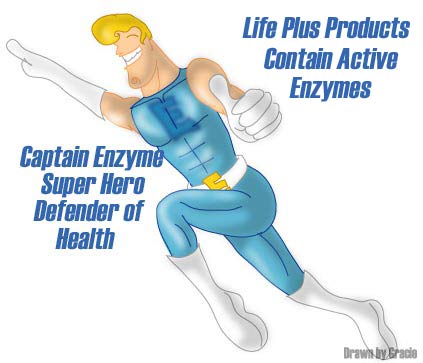
- Enzymes and Activation Energy
- Activation energy: energy that activates the reactants to start a chemical reaction
- Catalysts: Compounds that speed up chemical reactions
- Enzymes: Proteins that are the main catalysts for reactions in organisms
- Lower energy requirement barrier so reactions can occur at normal temperatures
- Each enzyme catalyzes a specific reaction
- How Enzymes Work
- Shape of enzyme fits only particular reactant molecules
- Substrate: Specific reactant acted on by an enzyme

- Active Site: The region of the enzyme that the substrate fits into
- Functional groups of substrate are placed in positions to catalyze reaction
- Enzymes also lower activation energy by accepting two substrates into adjacent sites
- Holding reactants together makes them react easier
- Environment effects enzymes' functioning
Concept Check 5.5
1) Explain the role of activation energy in a reaction. How does an enzyme affect activation energy?
Activation energy is the amount of energy needed to start a chemical reaction. Heat is a common trigger, however heating up a cell could destroy its delicate structures. Enzymes are special proteins that lower the energy required so reactons can occur at a normal temperature.
2) Describe how a substrate interacts with an enzyme.
A substrate enters the enzyme's active site, positioning its functional groups in certain places to catalyze the reaction. The interaction between the substrate and enyzme lowers the activation energy so the chemical reaction can proceed.

2 comments:
aaw catherine
this is definitely essential to raise natasha's roof man
....ahmygod what are u doing here?
and why are u reading this?
Post a Comment